Russian Oil Refineries Risk Closure At The Beginning Of 2025 Amid Mounting Losses
0x815 @ 0x815 @feddit.org Posts 1,526Comments 401Joined 1 yr. ago
0x815 @ 0x815 @feddit.org
Posts
1,526
Comments
401
Joined
1 yr. ago
Russian Oil Refineries Risk Closure At The Beginning Of 2025 Amid Mounting Losses
Chinese trade with Russia 'directly affecting' EU security, Dutch minister says
After India, Brazil becomes second major BRICS country not to join China's Belt and Road Initiative, citing Brasilia's desire to maintain strategic autonomy
After India, Brazil becomes second major BRICS country not to join China's Belt and Road Initiative, citing Brasilia's desire to maintain strategic autonomy
China's president will inaugurate a megaport in Peru, but locals say they're left out
Ein Megahafen in der peruanischen Stadt Chancay soll zur Drehscheibe Chinas in Lateinamerika werden. Eigentümer ist die chinesische Firma Cosco, Peru bleibt außen vor.



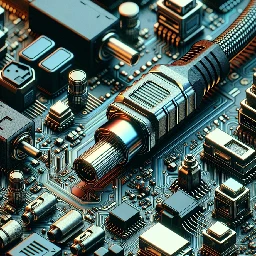






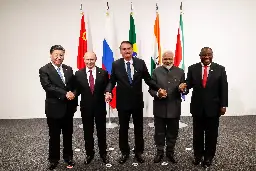
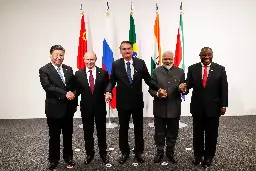
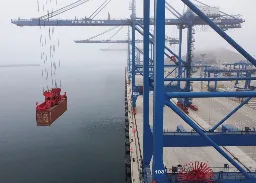
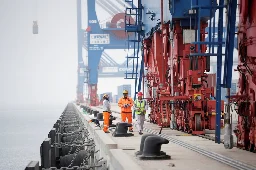
There are even reports in Chinese state-media fyi, but I didn't want to link to these sources.